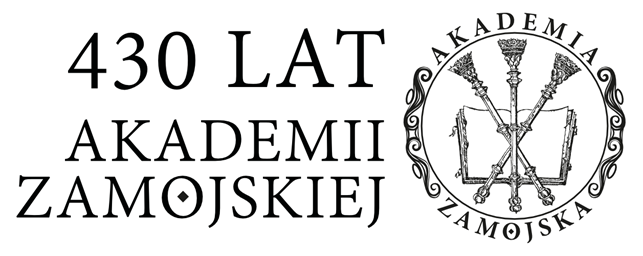Native Sorbian Culture and Language in the Pedagogical Activity of Annemarie Paulik - a Conscious Sorbian Woman from the Village of Rohne
Justyna Michniuk
https://orcid.org/0000-0001-6012-7220Mirosław Kowalski
https://orcid.org/0000-0003-2960-8258Abstract
We usually associate the biographies of important people with the life and work of outstanding rulers, political and spiritual leaders, commanders marked by army victories, scientists explaining processes and phenomena invisible to the masses of society, including those of artists, actors and singers who distract us from everyday life and transport us to another world. However, the greatness of a person can be traced back to many other interesting personalities who have dedicated their lives with passion and commitment to the implementation of an idea that is important to society. One such person is undoubtedly Annemarie Müßiggang, born Paulik - a Sorbian woman from the village of Rohne (Upper Sorbian Rowno) in Germany, in the federal state of Saxony. Her life in the areas of Upper Lusatia and later Lower Lusatia was closely linked to the Sorbian culture. Annemarie Müßiggang experienced developments - the marginalization of the Sorbian culture not only through the political changes, but also through the conscious politics of the German state. She grew up in a family that cultivated Sorbian customs, traditions and of course the language. All this shaped her personality. A strong sense of belonging to the Sorbian people was one of the reasons Annemarie Paulik was chosen as a future teacher, staying true to her identity and traditions. She was one of the first teachers to start working at the newly founded Sorbian secondary school in Cottbus/Chóśebuz, called Serbska wuša šula (German: Sorbische Oberschule). In the Sorbian community, it is difficult to call her an average person. Annemarie Müßiggang also opposed discrimination against the Sorbs. From the very beginning, despite the adversities and changing political systems in Germany, she was committed to strengthening and developing the local culture. She and her family are the best example that a strong national identity and the Sorbian language can survive even in difficult times. The place of birth and education played a decisive role in the life of this Sorb and determined her further fate as a conscious and educated Sorbian teacher, translator, educator and mother.
Keywords:
Sorbs, Lusatia, Lower Sorbian, Germanization, Sorbian education, Lower LusatiaMost read articles by the same author(s)
- Łukasz Albański, Mirosław Kowalski, Brothers Kulawy and the Creation of Polish Institutional Completeness in Manitoba 1898-1905 , Biografistyka Pedagogiczna [Biographical Studies in Education]: Vol. 8 No. 1 (2023)
- Mirosław Kowalski, Victor Emil Frank’s Constructs Determining the Rank of a Man’s Value , Biografistyka Pedagogiczna [Biographical Studies in Education]: Vol. 6 No. 1 (2021)
- Mirosław Kowalski, John Paul II’s Pedagogical Contexts of Catholic Social Teaching , Biografistyka Pedagogiczna [Biographical Studies in Education]: Vol. 6 No. 2 (2021)
Details
References
Statistics
Authors
Citation rules
Licence

This work is licensed under a Creative Commons Attribution-NonCommercial-NoDerivatives 4.0 International License.


 Język Polski
Język Polski
 English
English
 Italiano
Italiano

